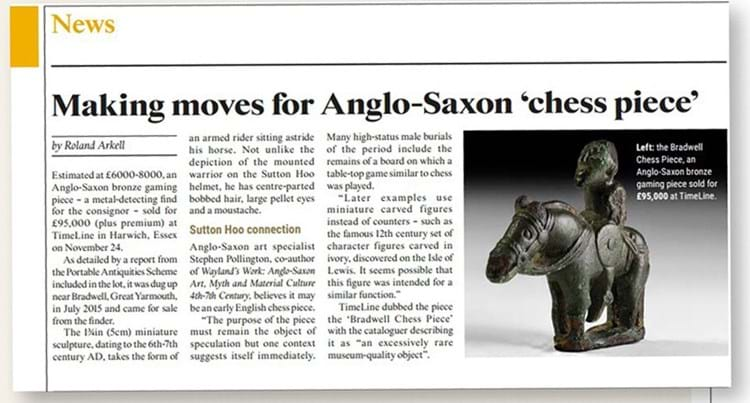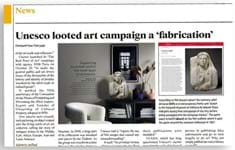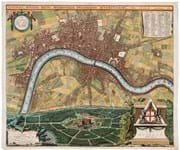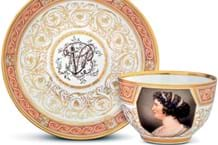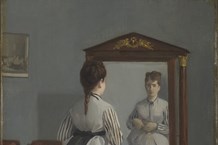In ATG No 2470 you reported on the Bradwell ‘chess piece’ which sold for £95,000 against a £6000-8000 estimate. Uniquely, when reading ATG, I thought, ‘That’s much too cheap.’
If this were an early Anglo-Saxon chess piece it would re-write the history of chess and of A-S culture so completely that its value would far exceed £95,000; but it isn’t a chess piece, is it?
The attraction of the Lewis chessmen lies in personality subjected to symbolic form; they must fit on a square and act as mathematical abstractions.
The horse in the Bradwell ‘Knight’ (foreshortened in your photo) is too long and disappointingly literal as a symbolic form when it is precisely the Anglo-Saxon love of zoo-morphic abstraction that is so thrilling about their art; and precisely its mathematical abstraction that is so interesting about chess, with the simultaneous solution of these constraints making a single, chewed, c.1170 Lewis chess piece cheap at £735,000.
Were the Bradwell find accepted as a chess piece it would reduce one’s respect for the Anglo-Saxon mind, casting the same shadow over intellect and imagination as does a novelty Napoleonic chess set in an oligarch’s drawing room.
West Yorkshire
ATG replies: Other board games were played in Britain before chess arrived.
Our report states that auction house TimeLine dubbed the item ‘the Bradwell Chess Piece’ and it is no accident that our headline put ‘chess piece’ between single inverted commas to indicate the sobriquet and our article used the term ‘gaming piece’.
To be fair to TimeLine, beyond the poetic licence used in the header, the lot description itself did not suggest the item was used to play chess. It included an extract from Anglo-Saxon specialist Stephen Pollington’s report (which we also quoted): “The purpose of the piece must remain the object of speculation but one context suggests itself immediately. Many high-status male burials of the period include the remains of a board on which a table-top game similar to chess was played.”
So, indeed, not chess.

